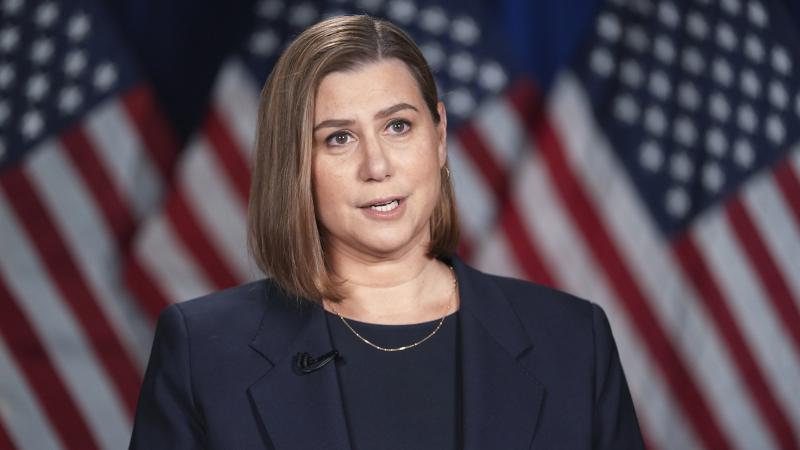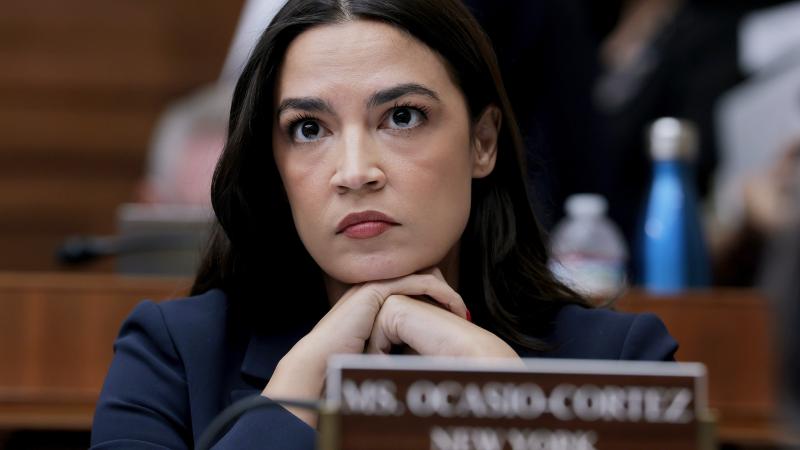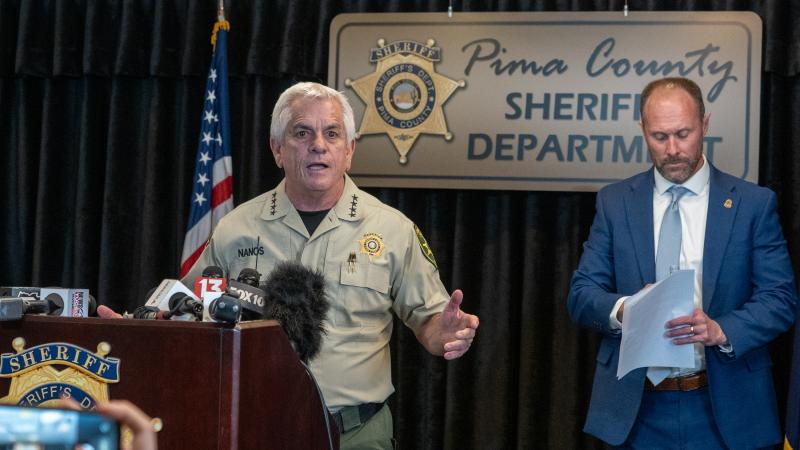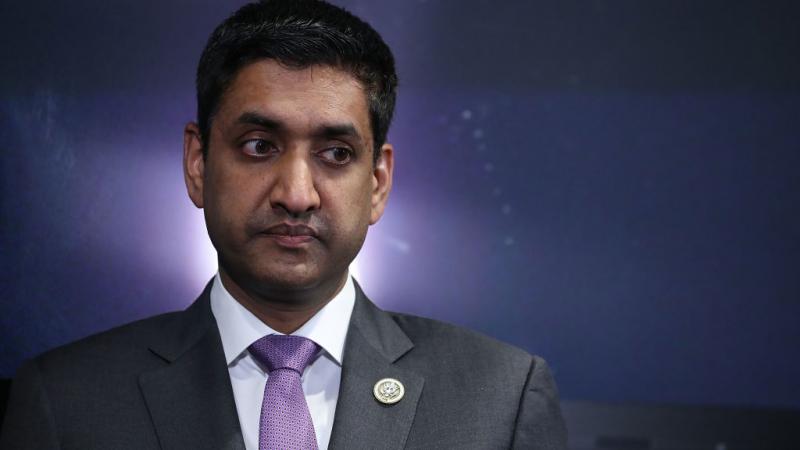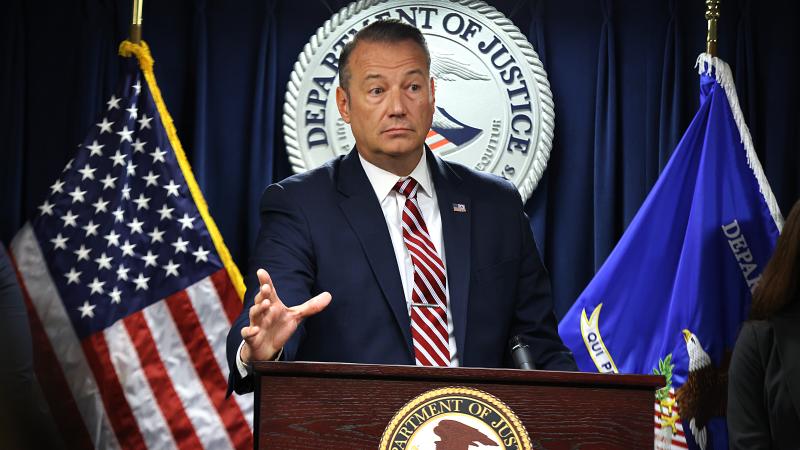Democrats try to halt RFK Jr. testimony during censorship hearing
Objected to his reported comments on COVID-19 looking "ethnically targeted."
Democrats on a GOP-led House panel created to focus on the "weaponization" of the federal government tried Thursday to stop or at least limit Democratic presidential candidate Robert F. Kennedy Jr. from testifying at their hearing, citing his comments on COVID-19 and minority groups.
The committee's top Democrat, Congresswoman Stacey Plaskett, attempted to limit his testimony before it started by arguing the time clock showed he had been given 10 minutes was twice as long as usual for witnesses.
Plaskett, who represents the U.S. Virgin Islands, also denounced her GOP colleagues for giving Kennedy a platform for "hateful abusive rhetoric" that "does not need to be promoted in the halls of the people's house."
Plaskett also said in the House Select Subcommittee on the Weaponization of the Federal Government hearing that free speech "is not an absolute."
Committee Chairman Jim Jordan responded: "If you want to cut him off and censor him more," go ahead, referring to Kennedy's repeated appearance by name on government and private censorship lists for his COVID comments.
Fellow Republicans on the committee accused their Democrat counterparts of trying to censor Kennedy even before Florida Rep. Debbie Wasserman-Schultz proposed a motion to convene into executive session, based on the presidential nephew's reported comments citing "papers" suggesting that COVID is "ethnically targeted" at whites and blacks and is less dangerous to "Ashkenazi Jews and Chinese."
Kennedy gave his opening statement, departing from his prepared remarks and responding to the allegations against him at the hearing, without incident.
Wasserman-Schultz then introduced her motion, which failed on a party line vote. Rep. Gerry Connolly (D-Va.) called the GOP the "Soviet Politburo" in his roll call vote for the motion.
Jordan's office released portions of the GOP's July 17 transcribed interview with Laura Dehmlow, section chief of the FBI’s Foreign Influence Task Force, before the hearing.
She said Twitter asked FITF representatives the day of the New York Post October 14, 2020 report on Hunter Biden's recovered laptop, widely censored by social media, whether it was "real." An FBI analyst started to affirm it was before an FBI lawyer interjected "no further comment," she said. In a meeting later that day with Facebook, the FBI refused to comment on the laptop's authenticity.

